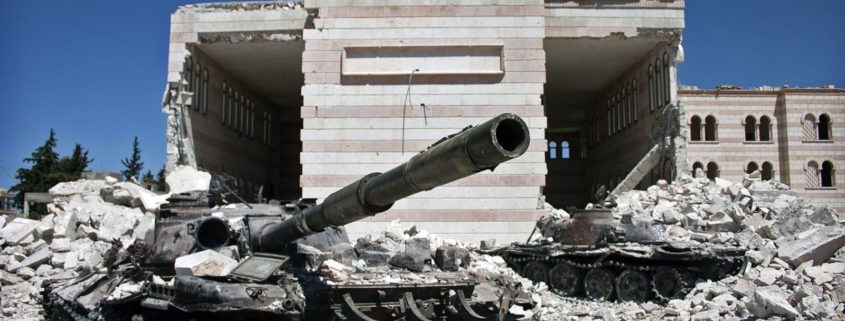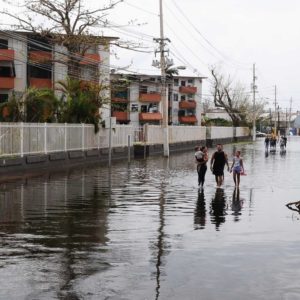The Stream, October 10: Global HotSpots Edition
The Global Rundown
Bangladesh plans to clear forest land in order to make room for the overwhelming number of Rohingya refugees fleeing violence in Myanmar. A nutrition crisis is unfolding in Mali due to limited food options and an increase in waterborne diseases. Human-animal conflict threatens women in Madhya Pradesh, India, who risk crocodile attacks when fetching water for their families. Water towers and other key infrastructure lie in ruins in Raqqa, Syria. Elsewhere in Syria, near the town of Deir al-Zour, water supplies are being endangered amid the civil war’s most intense fighting this year.
“Take a long stick; if you feel the still water, double-check for a crocodile. Of course, my heart quakes in fear. But is dying of thirst an option?” –Mousmi Meena, a villager from the Sheopur Kalan district in Madhya Pradesh, India, in reference to the dangers of fetching water from the crocodile-infested Parbati River. Water pumps and wells have gone dry amid enduring drought, forcing the women to draw water from the river. The crocodiles are runaways from a nearby sanctuary and have killed several animals in the past year. The sanctuary has made no attempt to fix the problem. The Hindu
By The Numbers
1,000 acres Amount of forest land that the Bangladesh government plans to clear to make room for the Rohingya refugees pouring into the country. Once the trees are cleared, aid workers will construct 150,000 tarpaulin shelters. In addition to adequate shelter, Bangladesh is struggling to provide enough food, water, and medicine to the half a million Rohingya who have recently left Myanmar. Reuters
955 Number of civilians who were killed in the Syrian civil war in September, making it the deadliest month of the conflict this year. The war has escalated in recent weeks, causing widespread displacement and damages to infrastructure. Currently, fighting around the eastern city of Deir al-Zour is jeopardizing the city’s water supplies. BBC
Science, Studies, And Reports
A survey of conditions in Mali revealed that 165,000 children are expected to suffer from severe acute malnutrition by 2018. In addition to food shortages, inadequate sanitation and limited access to clean drinking water are playing a role in the nutrition crisis by causing diseases such as diarrhea and malaria. Relief Web
On The Radar
Infrastructure in the city of Raqqa, Syria is completely destroyed in the wake of fighting between Islamic State and U.S.-backed militias. Nearly every building sustained some type of damage. Water towers and major water networks are among the demolished infrastructure. Reuters
Kayla Ritter is a recent graduate of Michigan State University, where she studied International Relations and Teaching English to Speakers of Other Languages. She is currently based in Manton, Michigan. Kayla enjoys running, writing, and traveling. Contact Kayla Ritter






